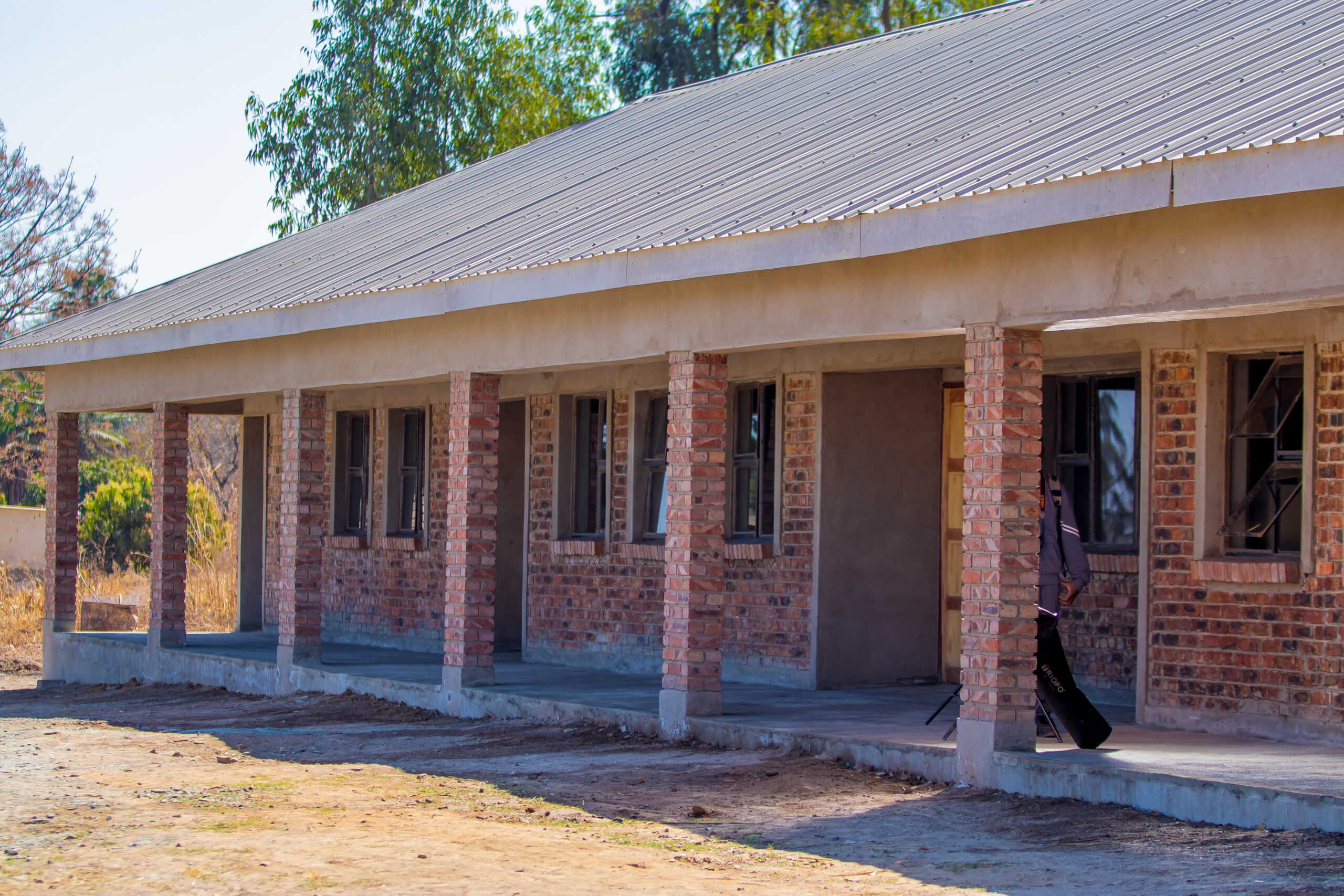Joy Chidavaenzi grew up with parents who welcomed visitors from all walks of life into their home. Her parents would feed and clothe them. She recalls many visitors through the years, and the lack of privacy could be a challenge at times.
“Little did I know that God was preparing me for my lifetime calling of ministering to the most vulnerable members of our society,” said Joy.
Her ministry began after graduating with a degree in Community Economic Development. She opened the Center for Total Transformation (“CTT”) in Zimbabwe in 1998.
“I started CTT to cater to the spiritual, social, and economic needs of the widows, orphans, elderly, and any vulnerable people,” said Joy.
With donations from many well-wishers, they were able to open a center where adults and children could gather for fellowship to learn God’s Word and start on a path to improve their lives. Visitors receive food, clothing, heath care, and more.
Another important factor to changing one’s path in life is education. CTT offers training in carpentry, art, and sewing. Acquiring these tools can broaden a person’s opportunities.
CTT places a high emphasis on teaching agricultural skills to help individuals to overcome food insecurities. The goal of sustainable agriculture is to decrease environmental degradation due to farming while increasing crop output. This will not only meet the communities’ immediate needs but will also provide for future generations.
CTT currently hosts 600 children every day providing them with an education, hot meals, and recreational opportunities. Children ages 2 to 18 who have not been attending school regularly due to hardships come to CTT. Some walk for several miles to the campus to further their education and prepare for a better life. With the support from Joyce Meyer Ministries, the children have access to two meals every weekday. The nutritious meals improve the children not only physically but mentally. With a full stomach, their minds can focus on learning at school.
Young adults (age 18 to 30) also receive additional classroom skills such as reading and writing. Vocational training is provided including sewing, carpentry, sports, and other literacy programs.
The organization is in the process of building a church for the community and a primary school for the children. To make a donation or to find out more information go to https://cttzim.org.








